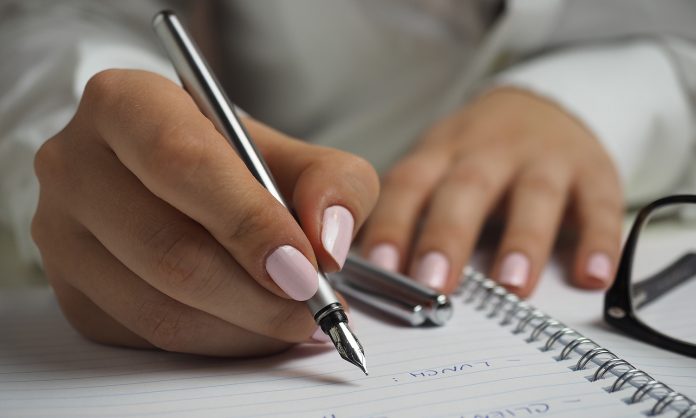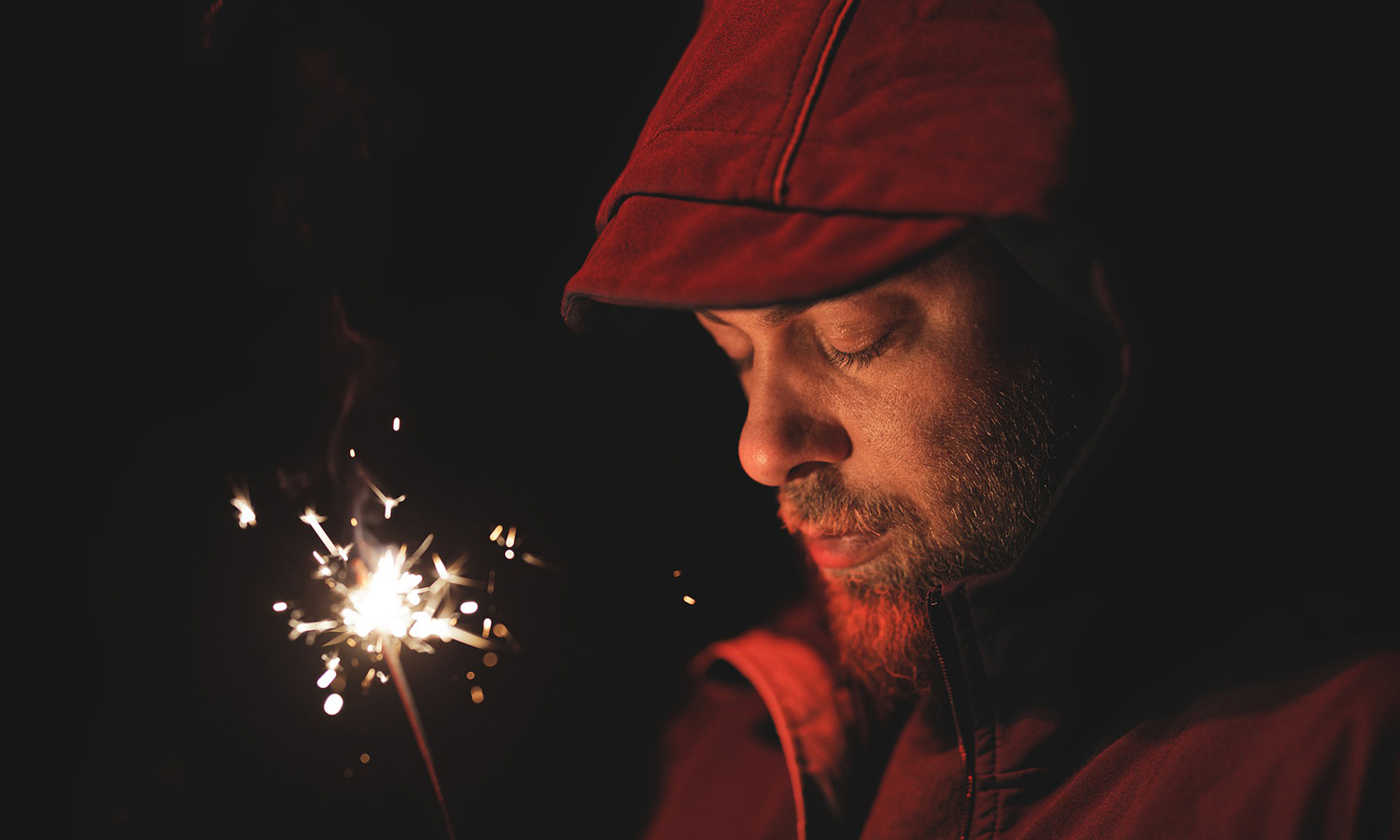
In a post on DIY MFA, Angela Yeh says all writers should experiment with poetry. “You might think poetry is only for those sensitive, mysterious literary souls who see magic in the glow of green from a leaf in the sun,” Yeh says. “If you have a minute, I can assure you that poetry will make your everyday writing infused with life and light.”
For anyone who thinks poetry is stuffy or overcomplicated, or perhaps a bit whiny, Yeh offers a simpler definition. “Poetry is a literary work in which special intensity is given to the expression of feelings and ideas by the use of distinctive style and rhythm,” she says. “Writing how you feel with style and rhythm.”
Experimenting with poetry can improve your writing in several ways:
- Focus. “Poetry forces you to focus on one moment,” Yeh writes. It can also help you break through to deeper emotions. By naming and talking about one, we find many.
- Mindfulness. “Poetry slows us down,” Yeh says. “You must choose your words thoughtfully, methodically, and mindfully. You could get lost in the effort and when you look up from your paper you realize you’re not the same scattered, stressed-out person who started it.”
- Structure. Many forms of poetry have strict rules of construction, forcing you to think carefully about your word choices and find creative solutions to limitations.











